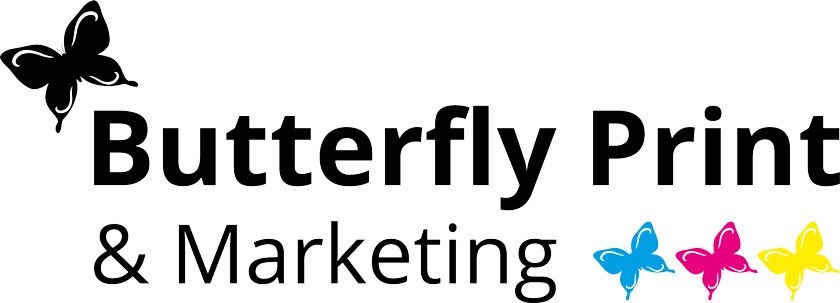A regular topic of conversation between myself and other trainer, consultant colleagues is the extent of wrong or misleading information that is out there available to the early years sector. It’s very worrying and continues to be something that needs to be challenged. Jennie Johnson who is our chair on the North West Ofsted Big Conversation steering group had a regular feature on our meetings agenda. ‘Challenge the nonsense’ had, since the group started been an item discussed between ourselves and Ofsted. It made us all smile when Jennie first introduced it. There was no other polite way of saying it. There was a lot of nonsense out there that needed to be challenged. When the group first began it was initially dismissed as nonsense itself until time and time again consistent evidence from providers giving examples of early years inspections demonstrating beliefs and unrealistic expectations from inspectors that were less than reasonable and founded in nothing more than often one person’s personal opinion, or worse, the wrong translation of the Early Years Foundation Stage and the inspection framework. Those days of crazy, irrational inspections are hopefully behind us now and when I think how far we have come through the work of OBC its just remarkable, we have achieved so much over the past few years.
Challenge the nonsense is still a suitable mantra in the early years though. The increase in use of social media that now connects us and opens up discussion between colleagues is at gigantic proportions. It is both brilliant and worrying! Brilliant, because when less support is out there, mainly due to the decline in support delivered through local authorities, a whole network of people come together to share information and experiences that has the ability to inform and improve fabulous early years practice. Worrying, because there is an element of bad or poor advice that frequently misleads practitioners and takes them off in the wrong direction often at the expense of failed Ofsted inspections and more to the point, poor outcomes for children. How important it is right now to make sure that we know the facts and follow the correct guidelines? Being sure about what is asked of us and how to achieve it is far too important and the constant search for others opinion can be catastrophic. Interesting that we often expect others to tell us what to do rather than apply common sense and spend time working it out ourselves making the connections and following the themes in order for us to arrive at the right conclusions. A perfect historical example of ‘fake news’ in the early years was when we listened to those who shouted the loudest in defining what British values were. We were led to believe that fish and chips, roast beef dinners, even cream teas as one nursery manager suggested to me… and the music of Elton John would enable us to demonstrate British values. Somehow people failed to see how, when told of the connection between this and the Prevent duty, that these traditions would ever prevent people from ‘being drawn into terrorism’. It all sounds so bizarre but this fake news spread like crazy especially with the use of social media. Again, thankfully these myths have long disappeared and common sense seems to have prevailed.
We are all eager to make sure that we are following the right sources of information, maybe new guidance or sometimes regulation. Let’s be honest change in the early years is always a constant and we are familiar with nothing staying the same for long. Being clear about what is required as defined by the statutory Early Years Foundation Stage is therefore essential and non- negotiable. This document is regulation and therefore has to be adhered to. Referencing this at all times means that we are able to dispel the myths and when and if needed, challenge them too. Knowing and understanding this document means that we can be confident to challenge anything that is not in it. Local Authority advisers who may tell us what they want us to hear, Ofsted inspectors who want to make a point that is not validated in the EYFS… it’s all relevant and there’s no getting around it. All roads lead back to the EYFS. The Common Inspection Framework is joined up to work with it too. As are other Government guidance documents as well. Apply with common sense, what you know to be best practice and you will find yourself navigating around the minefields that are early years myths, exposing the fake news and focussing on the main objectives by achieving the best outcomes for all children. There will still be plenty of opportunists ready to take you off on a tangent and potentially trip you up though so be careful out there!
Rachel Buckler – Early Years Hub
Rachel is an experienced early years practitioner. She is a trainer and consultant and has been an early years inspector. Rachel is the Managing Director of Safeguarding Training Ltd – Early Years Hub. She has recently developed a new product and along with other colleagues has launched the Early Years Record. Early Years Record is a ground breaking on-line software that helps early years settings to prepare, audit and improve their practice ensuring their compliance with the EYFS and being ready for Ofsted.




Leave A Comment
You must be logged in to post a comment.